6 Warnings to Heed When Driving in New Zealand
This city boy grew up in a place where even family runabouts cost close to S$100,000. Hence, the temptation to buy a secondhand car, go on a road trip and explore NZ‘s wonders was impossible to resist. Given the spread of attractions across the country, driving in New Zealand was the only way to see them all. The said car also costs less than the price of a laptop computer.
These Wikitravel articles which I found [Driving in NZ; Buying/renting a car in NZ; Renting a motorhome in NZ] cover the basics such as purchasing/renting and selling, warrants, driving licenses, laws and hazards, but there are a few gaps which I discovered only when I got there. So, as promised, I’m following up my list of NZ surprises with a post that focuses on driving in New Zealand as a visitor.
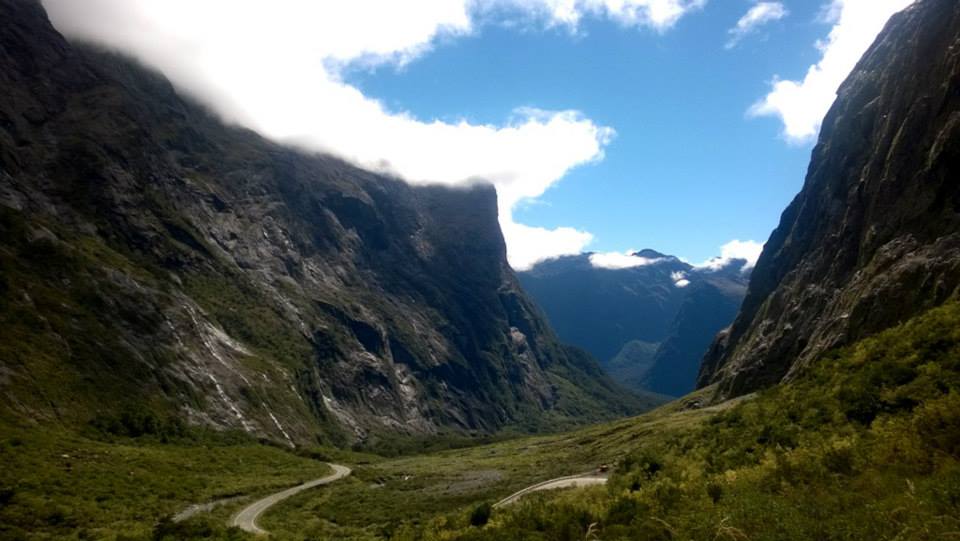
New Zealand driving tips
Fuel is expensive
When I was there, fuel prices came as a bit of a shock. They were anywhere between NZ$2.05 per litre in Rotorua and Greymouth to NZ$2.35 per litre in Queenstown and Glacier Country, just for RON 91 petrol. Even in the millionaires’ den that is Singapore, motorists pay the same price for RON 95 petrol.
There are ways to get discounts though. Some Pak n Save supermarkets have pumps, and those who shop there can get up to 30 cents off per litre. The miserly but eagle-eyed can pick up dropped receipts with barcodes to enjoy the savings without spending anything. Certain New World outlets also have a similar arrangement with Mobil stations.
One could cover as much as 8000 km exploring both the North and South Islands, so the fuel costs (and savings) add up very quickly. A saloon car like the one I drove returns between 10 and 14 km per litre, and heavy, brick-like camper vans are less economical. Sharing the ride with other people makes it more efficient overall, and the costs can be split among the occupants.
Hitchhiking works
I posted my trips ahead of time on Couchsurfing to see if anyone wants to share the ride, but I picked up hitchhikers more frequently. Some of them were fellow guests at the hostels I stayed at, others simply stood by the roadside and held up signs indicating their destination.
It’s a relatively common practice among budget travellers, especially those from Europe, and I identified them by their accents and their backpacks. If they were polite, they offered to pay for fuel and put up with my music choices! It’s not 100% safe for both parties, but I readily took them on board rather than potentially let a shady character pick them up.
You can read about some of the delays on the road that I’ve been through driving in New Zealand and elsewhere at the link.
Respect the roads!
When driving in New Zealand, it’s sometimes tempting to cross lanes or even the centre divider on an empty twisty piece of road, but don’t do it when it has been raining! Rumble strips between lanes are very slippery when wet. Treat the ones on the Otago Peninsula with plenty of respect, even in the dry; the tortoises can easily upset any vehicle and cause you to lose control.
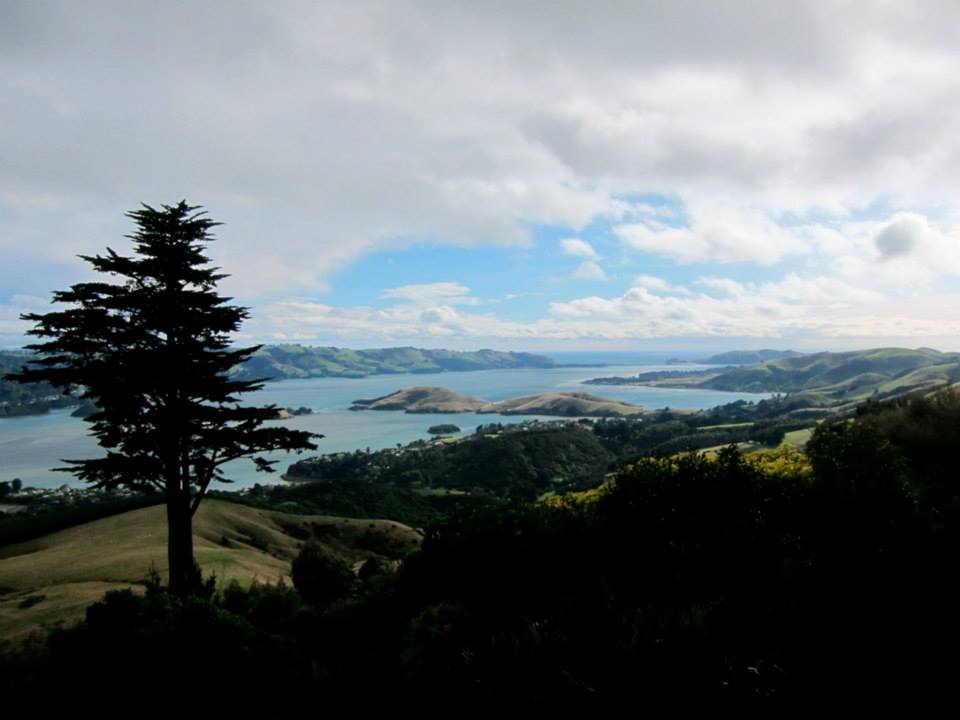
Check your speed
Between Christmas and the end of February, the tolerance for exceeding the speed limit decreases from 10km/h to 4km/h. Use cruise control if the vehicle comes with it; otherwise, watch that right foot, especially when overtaking other cars. There are a few long stretches of straight road where it is tempting to open the throttle, but roaming Traffic Safety Cameras can appear out of nowhere.
Be defensive – and courteous!
There are a few different road users that require extra patience and caution when encountered. Logging trucks are a common sight on the North Island. Get stuck behind one and it’s difficult to see or drive around it; if you meet one coming in the opposite direction on a wet day, be prepared for a smack on the windshield at 100km/h.
Drivers from other countries may also drive cautiously (read: well below the speed limit) or even wander into oncoming traffic. If you realise that a train of cars has formed behind you, don’t be a road hog; pull over in a safe place and let everyone through.
Google’s driving times can be misleading
Many map applications underestimate driving times. What you see is based on an average speed of 100km/h, which is impossible because that’s the speed limit. The apps don’t take into account the lower speed limits when you drive through little towns, the twisty roads in some places, or the likelihood of getting stuck behind a slow vehicle for a while. For a more realistic picture, divide the driving distance by an average speed of 60 km/h. A few choice songs on your playlist can make the time pass faster, however.
In spite of these potential obstacles, driving in New Zealand is worth the trouble. These are some of the destinations that drivers (and very determined cyclists) can visit which are not the usual bus stops:
Perfectly spherical boulders on Koutu beach
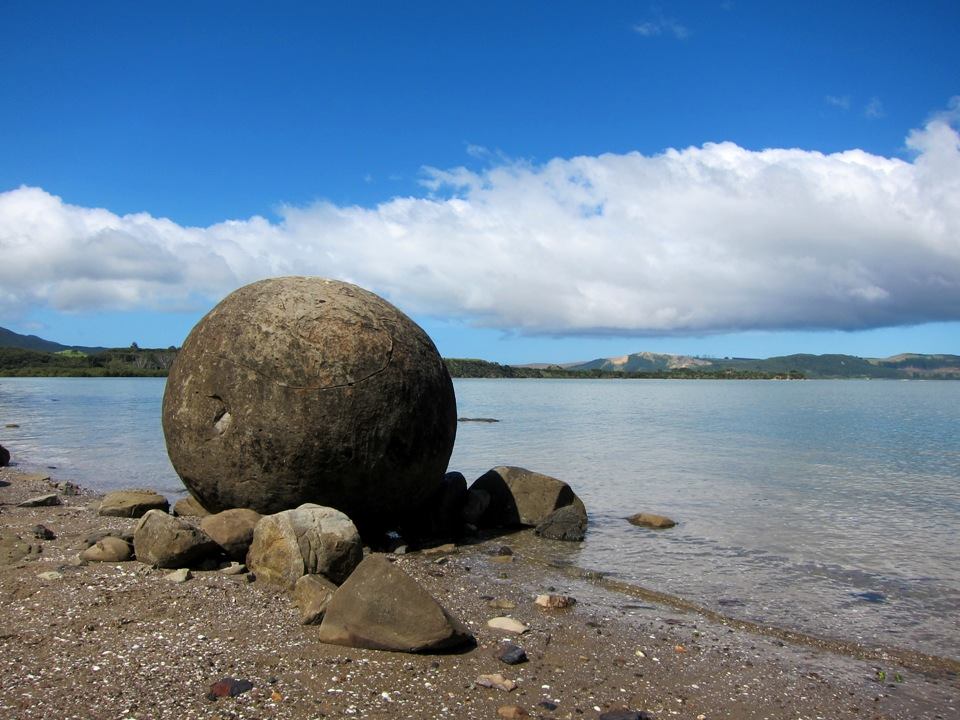
A lookout point where the Pouhutu Geyser can be seen for free (Read more: Things to do in Rotorua)
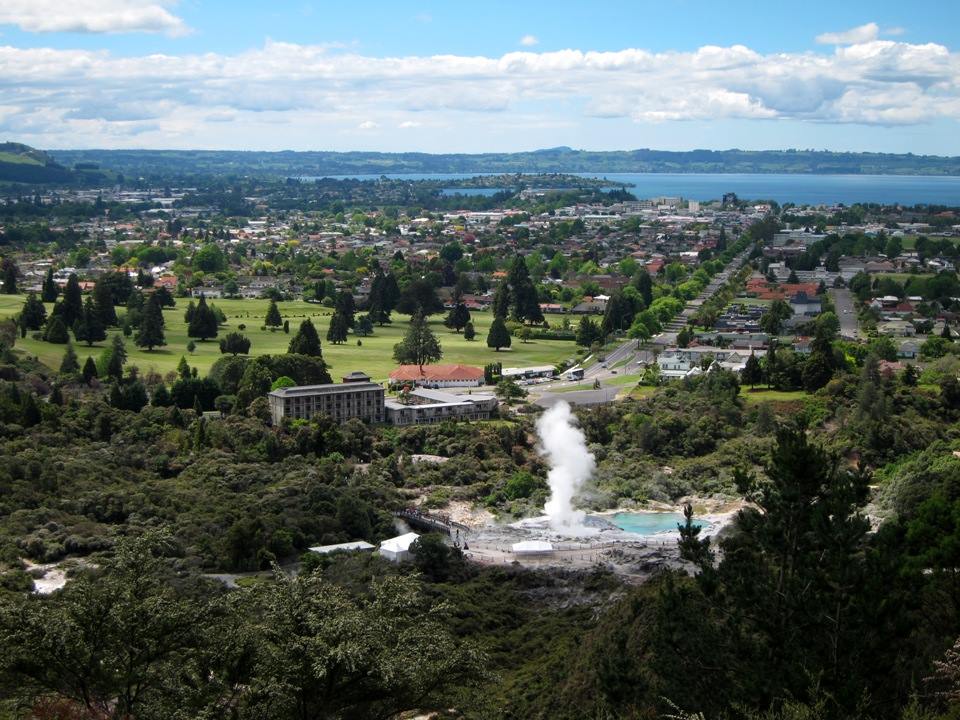
Tutukaka, which is also the departure point for diving the Poor Knights Islands
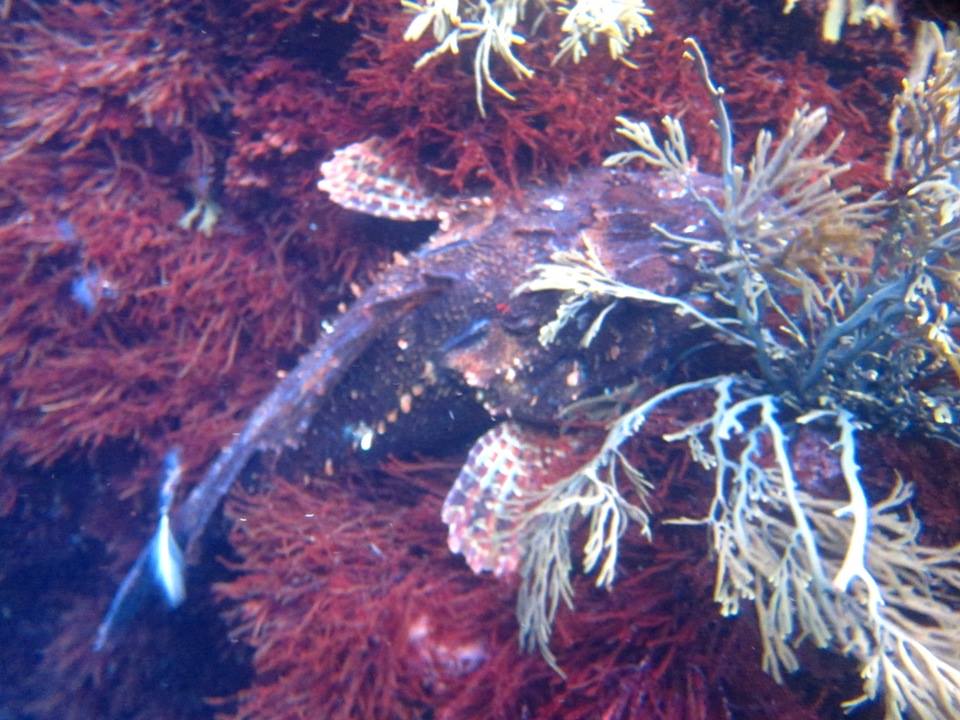
You can find even more amazing spots through this North Island road trip itinerary starting from Wellington. Meanwhile, on the South Island, there are random fences covered with shoes, bras and more, such as this one in Cardrona
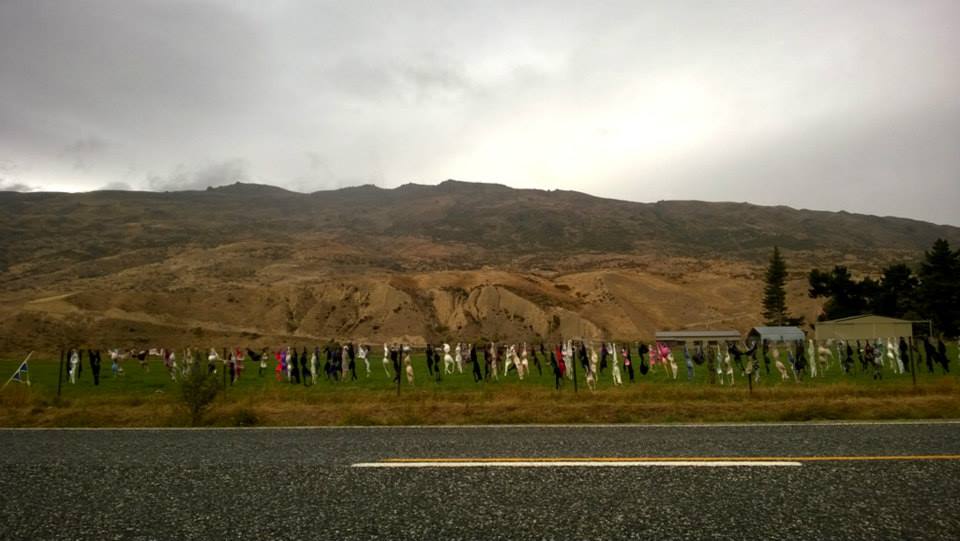
Lake Matheson, 5km from Fox Glacier village
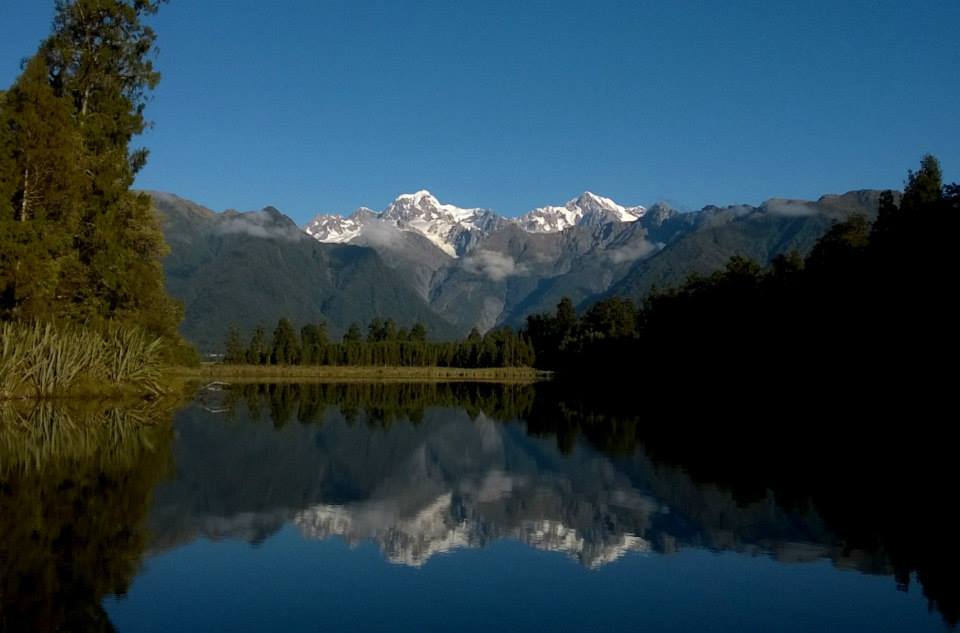
Hokitika gorge
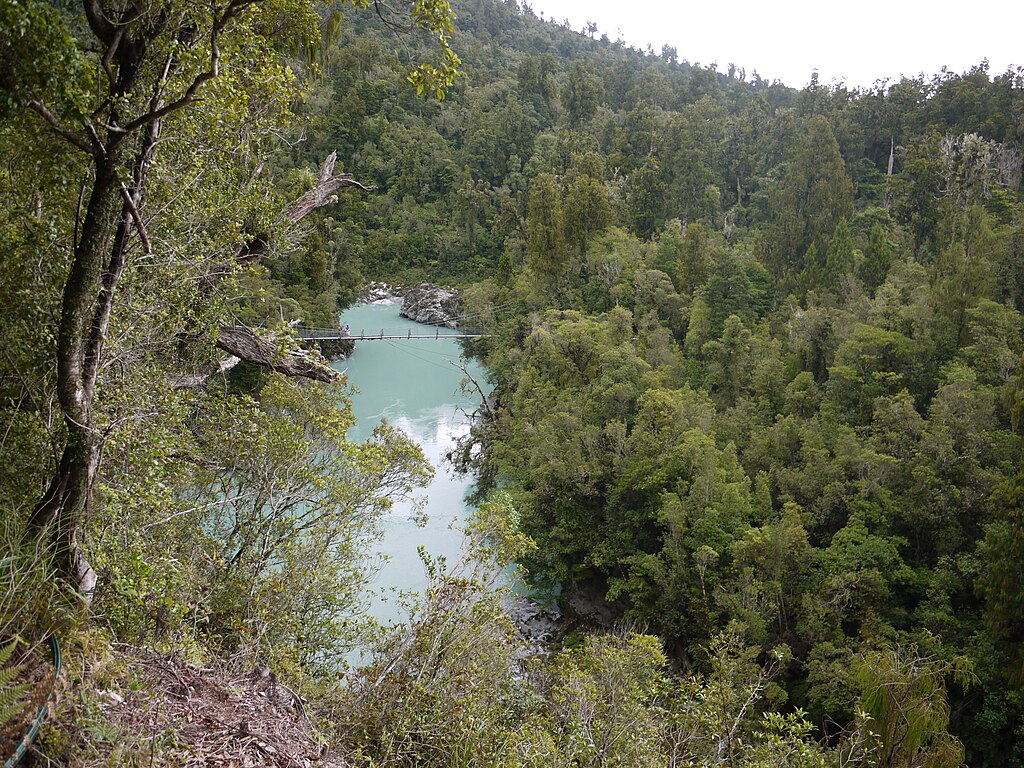
Additional Links
I got myself a tidy Japanese sedan and wrote these tips from this perspective, but if you’re looking to rent a camper van, check out the link to Two Wandering Soles‘ guide. More tips and itineraries are available at AA NZ and DriveSafe. You can use the NZTA website to familiarise yourself with the road conditions, hazards and markings.
Need some ideas on where to go? Consider these less conventional New Zealand road trips
Have I missed out any tips on driving in New Zealand or destinations?
I’ve only ever driven in Singapore, Italy, Japan, Oman, Australia and NZ; if you see a hyperlink, you’ll want to click through!
03/10/2014 @ 10:42 PM
I haven’t been to NZ but I really enjoyed reading this entry. Love the photo of the lake, too. It’s really beautiful. Love the reflection of the mountain in the water. I’m kind of curious with the Cardona fence though, why was it covered with shoes and other random stuff. :)
04/10/2014 @ 10:23 PM
Thanks for reading, Cheryl! The shoe fences are actually in different places that I didn’t pass, in Havelock and Waihola, and there were only bras on the fence I photographed . No one really knows why people started adding these things, although they resemble the bridges with love locks. With the undulations and the beautiful scenery, it’s a fun, challenging and beautiful place to cycle, and I know people who did it. Just watch out for the cross winds!
08/06/2016 @ 7:18 AM
Great article with some really good hints and tips. I would agree that seeing NZ by car is fantastic, but to keep in mind that the roads are very different to some countries, so caution required and also that travel times can be misleading.
Looking at the pictures certainly a country worthwhile visiting.
10/06/2016 @ 10:11 AM
Cheers, Harald! Any thoughts on the ‘T-plates for tourists’ petition?